The Jussie Smollett Case Might Be The Downfall Of 'Empire'
As someone who has watched "Empire" for every season, I would say it would be really hard to watch the show without Jussie's character.
This will be my third story relating to the Jussie Smollett case. If you would like to read my previous stories, here are the links for the first and second one.
In my second story, I talked about how Jussie Smollett was charged with a class-four felony for disorderly conduct for filing a false police report. More recently, Jussie has been charged with 16, yes, 16 counts of felony charges for allegedly lying to the police about being the victim of a hate crime. For those of you wondering why it is so many, each charge corresponds to different parts of Jussie's original story to the police. It is more likely that he will be doing jail time for a few of the charges rather than if there was just one whole charge for lying to the police.
With the felony charges staking up and no new evidence proving his innocence, it is looking more and more likely that Jussie will do some serious jail time. The original felony charge could be between one to three years of jail time. Each of the 16 other felony charges could be four years in prison for each charge that goes through. I hope he does not have to do more than four years in prison, but it is not looking hopeful.
As far as his role on "Empire," the show has taken his character out of the final three episodes of the current season. The show itself is trying to determine whether or not to keep Jussie's character on or not. As someone who has watched Empire for every season, I would say it would be really hard to watch the show without Jussie's character. But, it also wouldn't be the first time a major character was killed off the show, or "went away." I believe if it came down to that, the writers would make his exit off the show as seamless as possible.
The other day I watched an E! News live stream on Facebook, and they were discussing the possibility that "Empire" could be canceled altogether because of the case. They made the comparison to the Rosanne Barr incident and how her show was canceled and then they did a spin-off with the rest of the characters. I don't think it would be necessary to cancel the whole show because of Jussie, mainly because the show could easily go on without him. There are other performers and other drama within the show that would make up for the loss of his character.
The main reason for the speculation of the show canceling there has yet to be a confirmation on whether or not there will be a sixth season of "Empire." I'll be curious to see if they wait until the charges go through for Jussie, which could take several months, or will they go on without him.
This is a tough choice for the Fox Network to make, and also the creators of "Empire." Only time will tell about the fate of the charges and the fate of "Empire."

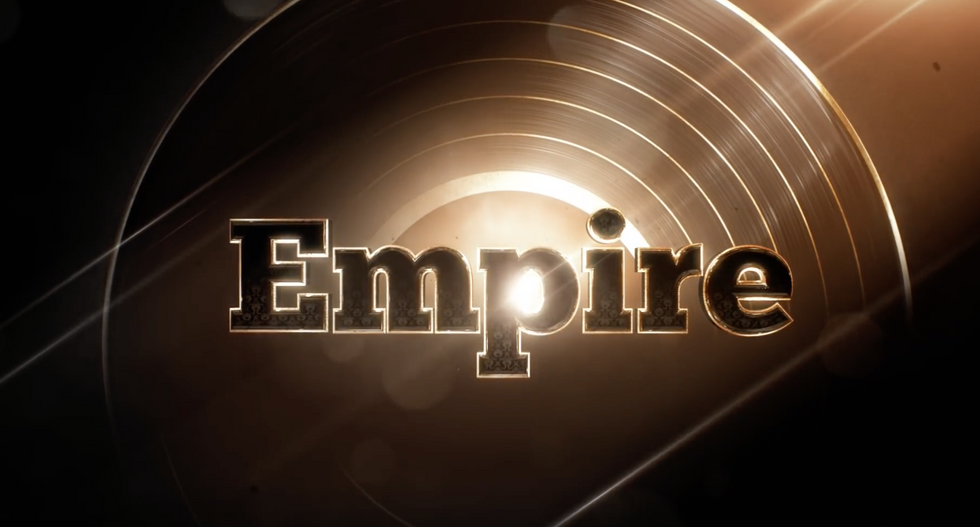
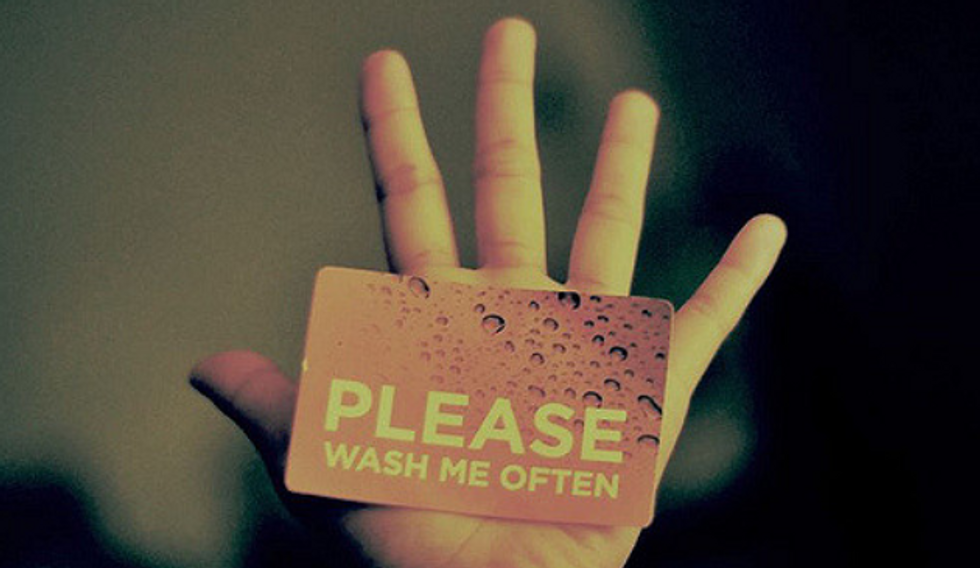







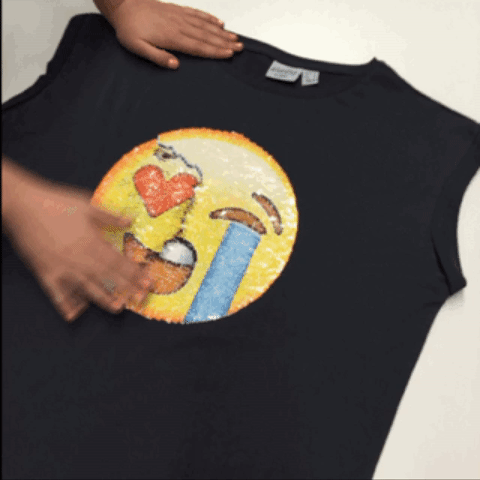
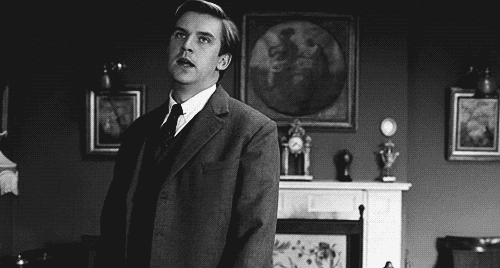
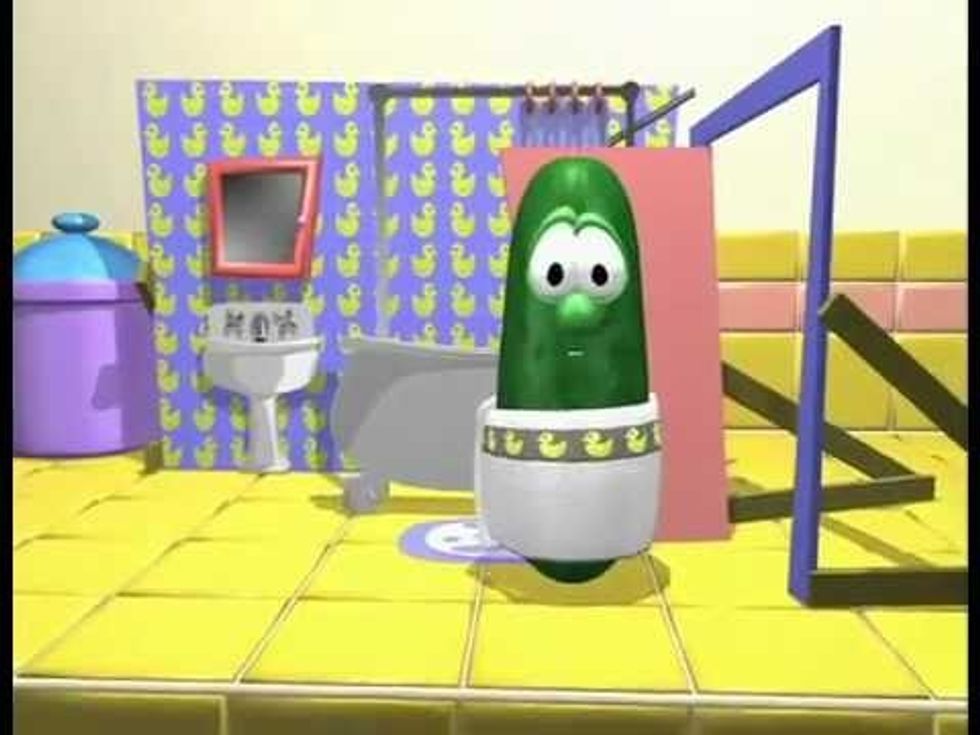







































'Exit Through The Gift Shop' Is Banksy's Digital Street Art
The film depicts and comments on the world of street art with the charm of self-awareness.
Remember when that one painting shredded itself after being sold for $1.4 million? That was British street artist Banksy's doing. Despite his rejection of traditional art critics, Banksy's pieces often sell for millions of dollars. There are many who refuse to call his work "real" due to the fact that it is a product of vandalism. His supporters acknowledge that his work is vandalism, which, in tandem with his revolutionary choices in location, style, and subject matter, is precisely what makes it an exemplar of modern art. Regardless of one's opinion of him, Banksy, no doubt holds a position of authority in the modern art world in which everything he creates is a subject of widespread attention, whether it be disparagement or appreciation.
It is perhaps because of this worldwide captivation that "Exit Through the Gift Shop," Banksy's 2010 foray into film-making, comes with considerable accolades. The Academy Award-nominated documentary brings much of the graffiti artist's abrasive commentary to the big screen. With narration from both Banksy and Welsh actor Rhys Ifans, the film acts a self-aware examination of street art, exploring both subtle works like those of British artist Invader to the grand-scale pieces of Banksy himself. This exploration calls into question the public's notions of modern art while also considering what even determines if art is valid.
While Banksy's directs the film, he is neither behind the camera nor the focus of it throughout most of the movie. "Exit" quickly clarifies how that honor goes to Thierry Guetta, a Frenchman from Los Angeles who owned a designer clothing store. What does he have to do with street art or this movie?Everyone involved in the movie asks the same question, but whether he deserves the attention or not, Thierry is stuck with viewers from start to end. Ifans explains how the Frenchman is usually found holding a video camera in front of his eyes, documenting every moment. When Thierry stumbles upon his street artist cousin Invader designing pixel templates for art to be placed on street side walls and rooftops, what follows is his rapid introduction to the world of street art as he films every artist—whether they want him to or not—in the hopes of eventually creating his own documentary about the subject. The journey takes him to the skepticism of Banksy, the interrogation rooms of Disneyworld, and the rooftops of LA, where he even begins to craft his own street art.
It becomes clear why Banksy turned Thierry's cameras around to capture the amateur filmmaker in action. In every scene where he is the subject, Thierry shines with this charismatic joy that borders on annoyance. Other individuals express in their disdain for him, as a supposed imbecile incapable of real artistry, yet he continues to frantically film and create, rarely showing a sign of disillusionment. In one scene he swears in French about how he spilled paint, and seconds later he emphatically tells the camera to get closer to inspect the pink puddle. Some of his interviews are at times nearly incomprehensible, illustrating how he is a perplexing enigma, hypocrisy, an artist who should not be able to attain the success that he does. Thierry, for better or for worse, will make or break a viewer's impression of "Exit Through the Gift Shop."
Banksy pulls together crisp editing and his manic subject to construct a self-aware work that comments on how we perceive art. All of the professional artists believe Thierry's work isn't genuine. Yet the public, finds him a captivating artist, regardless of his frenetic personality. The film, in spite of Banksy's careful direction, is a product and representation of Thierry's haphazard creations and behavior. But just as "Exit" somehow succeeds by using the chaotic source material to find meaning in the madness, so too does Thierry seem to find something magical, practically brainwashing his audience into believing in him and his ingenuity. Whether that means he is a true artist like Banksy is open for debate, but the documentary is a convincing film not afraid to show and criticize the means of its creation.
"Exit Through the Gift Shop" is a film that shouldn't work. And for some, it won't work. The absurdity of a random Frenchman with a camera becoming an artist is likely too much for skeptical viewers. But for those who can digest it, the documentary offers an insightful perspective on modern perceptions of art that is worth watching—even if it feels like an artificial production. In other words, the director has once again gotten away with something that seems delusional, creating a digital Banksy.